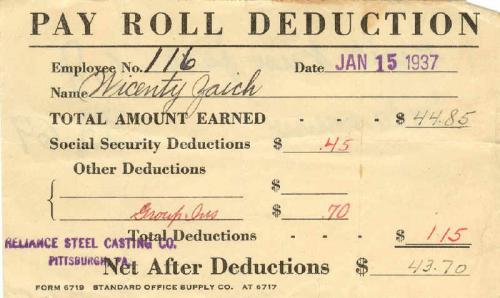The rules around the timeliness and money to be included in final checks are quite clear, and employers in Massachusetts are only allowed to reduce your final pay check in very limited situations. When you leave a job, you are entitled to be paid for all the hours you have worked and you are entitled to be paid for any vacation time that you have accrued but not used. If you are fired, you should get those payments on your last day of employment. If you resign, the payments can come in the next regular pay period.
Massachusetts law only allows an employer to reduce wages for “a clear and established debt owed to the employer by the employee.” The Massachusetts Supreme Judicial Court has stated that a valid wage off-set is one that has involved “some form of due process through the court system.” In addition, an employer can offset wages for something “at an employee’s direction and in the employee’s interests.”
If your employer has deducted wages from your paycheck (other than mandatory taxes deductions) you should see an employment lawyer to find out if you are entitled to payment of the wages.






